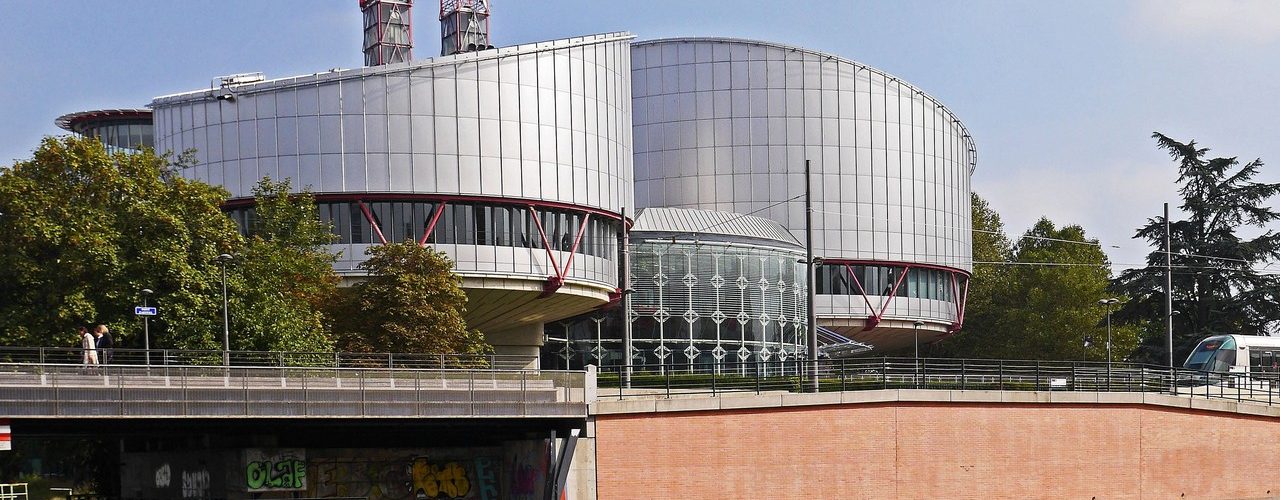On July 7, 2022, the ECJ issued its decision in the case C-166/21 (Commission v Poland).
Context: Failure of a Member State to fulfil obligations – Excise duties on ethyl alcohol and alcoholic drinks – Directive 92/83/EEC – Exemption from harmonised duty – Article 27(1)(d) – Alcohol used for the production of medicines – Article 27(6) – Condition requiring movement of a product under a duty suspension arrangement – Proportionality – Burden of proof
A. Breach of Article 27(1)(d) of Directive 92/83
1. Article 27(1)(d)
- The text of Article 27(1) of Directive 92/83 is clear. It requires Member States (‘shall’) to exempt the products covered by Directive 92/83 from harmonised excise duty. Member States fulfil that obligation by adopting (‘shall lay down’) conditions for two purposes: to ensure the correct and straightforward application of the exemptions and to prevent any evasion, avoidance or abuse. The twenty-second recital of Directive 92/83, which states that Member States should not be deprived of the means of combating any evasion, avoidance or abuse that may arise in the field of exemptions, is to the same effect. Article 27(1) of that directive thereafter contains a list of specific exemptions, including point (d), with respect to ethyl alcohol used for the production of medicines.
- Directive 92/83 thus imposes on Member States a primary obligation, which the case-law describes as unconditional, (10) to grant the exemptions listed thereunder and a secondary obligation to adopt conditions to give effect to that primary obligation. The unconditional nature of the exemption thus coexists with, and therefore does not emasculate, the secondary obligation on Member States to adopt such conditions.
- The Court’s case-law appears to indicate that, when Member States exercise the power to adopt conditions to give effect to the primary obligation under Article 27(1) of Directive 92/83, they must put forward concrete, objective and verifiable evidence of a serious risk of evasion, avoidance or abuse. Such conditions cannot go beyond what is necessary to attain that objective.(11)
- For two reasons, I query whether the requirement whereby Member States must, in the particular circumstances of this case, put forward concrete, objective and verifiable evidence of a serious risk of evasion, avoidance or abuse in order to adopt conditions under Article 27(1) of Directive 92/83 goes beyond those of that provision.
- First, there is no trace of that requirement in the text of Article 27(1) of Directive 92/83, which refers to Member States preventing any evasion, avoidance or abuse, thus indicating that the Member States are invested with a degree of discretion as to the form and content of the conditions to adopt.
- Second, in support of the proposition stated in paragraph 51 of the Court’s judgment in Repertoire Culinaire (12) as described in point 26 of the present Opinion, the Court cited an earlier judgment, that of Italy v Commission, (13) which was an action for the annulment of Decision 98/617/EC. (14) Under Article 27(5) of Directive 92/83, a Member State may refuse to grant exemption or withdraw relief already granted where it finds that a product that has been exempted under Article 27(1)(a) or (b) thereof gives rise to evasion, avoidance or abuse. The Member State advises the Commission, which transmits that communication to the other Member States. A final decision is then made under the procedure laid down in Article 24 of Directive 92/12/EEC. (15) In that case, Italy had sought to introduce an obligation to use pure alcohol for the manufacture of perfumes and cosmetics, but the Commission decided that nothing in Directive 92/83 required products exempt under Article 27(1)(b) thereof to be derived from pure alcohol; nor did the use of impure alcohol to produce goods falling within the exemption under that provision constitute evasion, avoidance or abuse. The exemption Italy sought thus fell outside of the scope of the conditions that Article 27(1) of that directive permitted Member States to impose.
Source Curia















